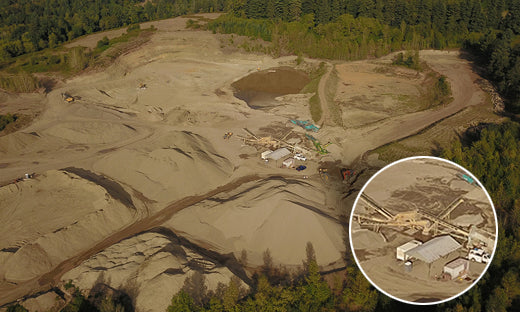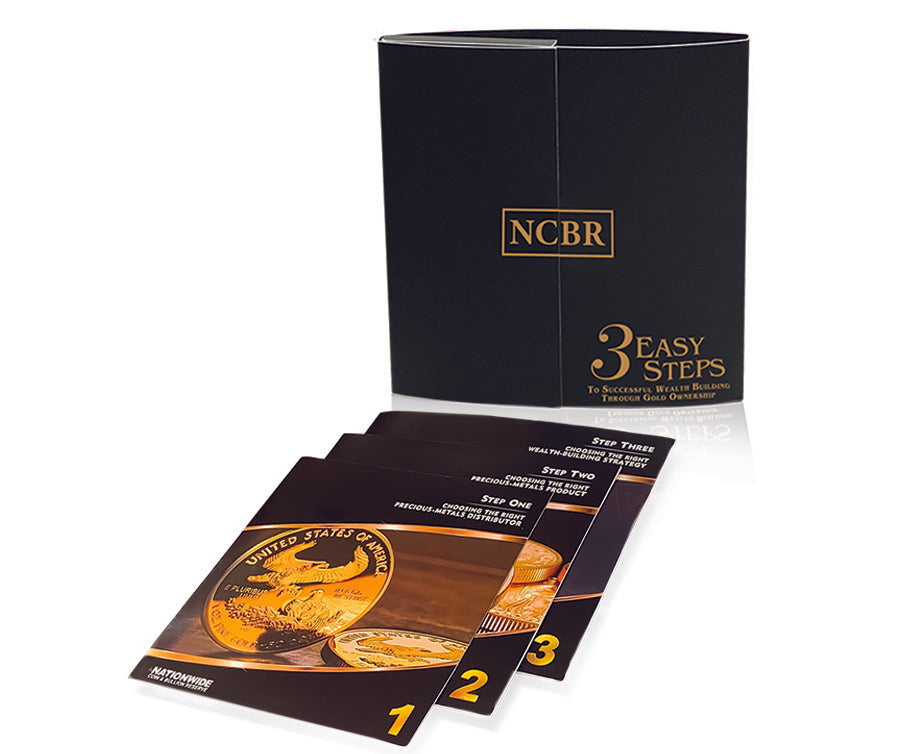For 151 years, the Gold Rush-era General Mining Law has overseen prospecting and mining for gold and other minerals on federal land, declaring that, “all valuable mineral deposits in lands belonging to the United States, both surveyed and unsurveyed, shall be free and open to exploration and purchase.” In other words, mining companies can extract gold from federal lands without paying a fee to the federal government. This is a sharp contrast to rules for energy companies, which pay significant royalties for extracting oil, gas, and coal.
Now, the U.S. Interior Department is calling for companies to pay fees of between four and eight percent of the value of the minerals they mine. The proposal is part of an Interior Department-led report on modernizing mining regulations, primarily focused on increasing domestic supplies of minerals needed for electric vehicles and other clean energy technologies, including copper, nickel, and cobalt, while doing so in an environmentally sound manner.
The report finds that the century-and-a-half old law “fails to provide the American taxpayer with any direct financial compensation for the value of hardrock minerals extracted from most publicly owned lands” and that new policies are needed to promote sustainable and responsible production of critical minerals.
“The 1872 mining law needs to be reformed and brought into the 21st century,” said Interior Department Deputy Secretary Tommy Beaudreau.
Mining companies, not surprisingly, are opposed to the imposition of royalties. The National Mining Association argues the report’s recommendations would “throw additional obstacles in the way of responsible domestic projects and would-be investment, forcing the U.S. to double-down on our already outsized import reliance from countries with questionable labor, safety, and environmental practices.”
Congress must revise or replace the 1872 law for the U.S. to collect royalties, which is unlikely to happen this year.Real Time Precious Metals Data Below







